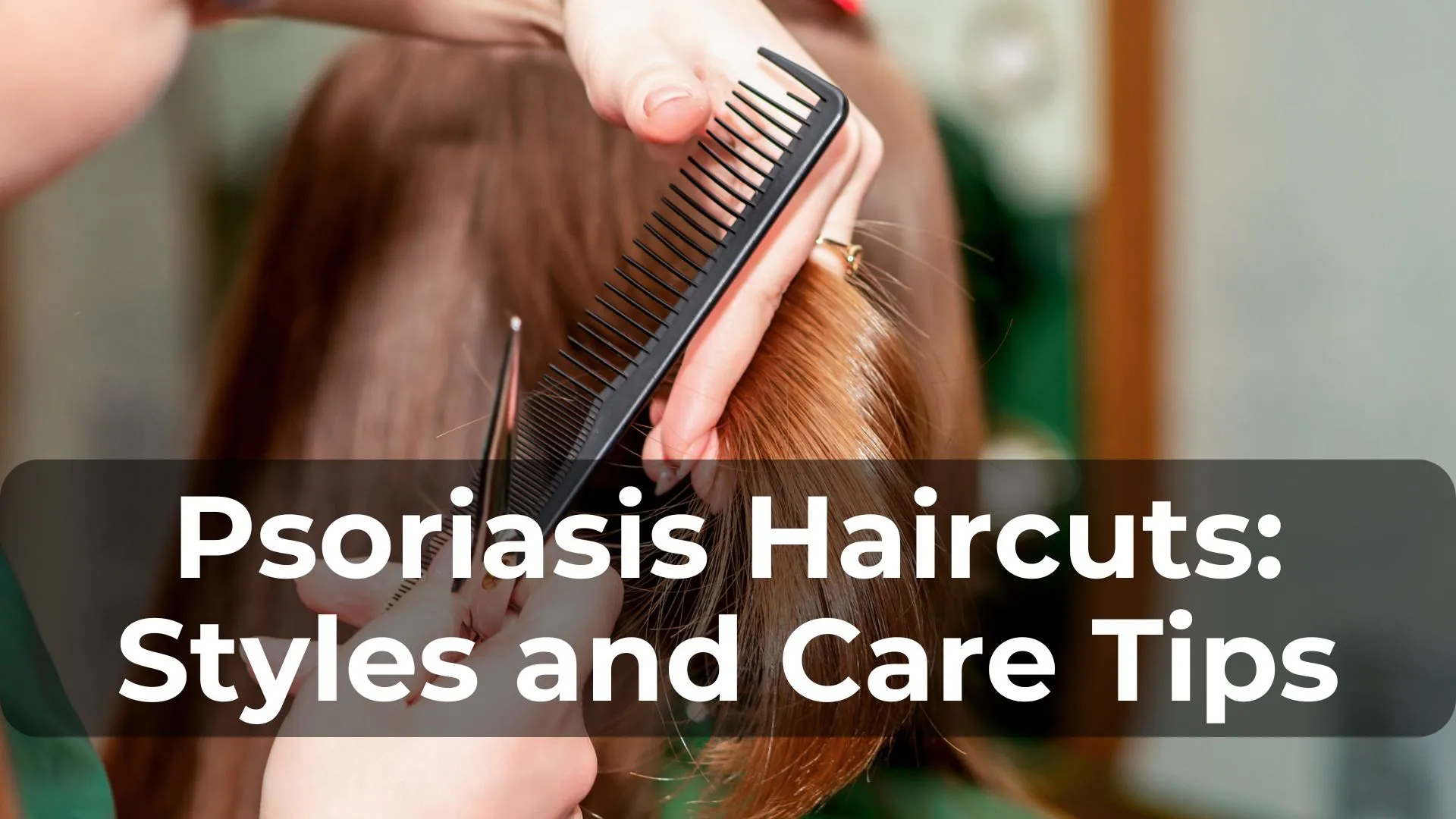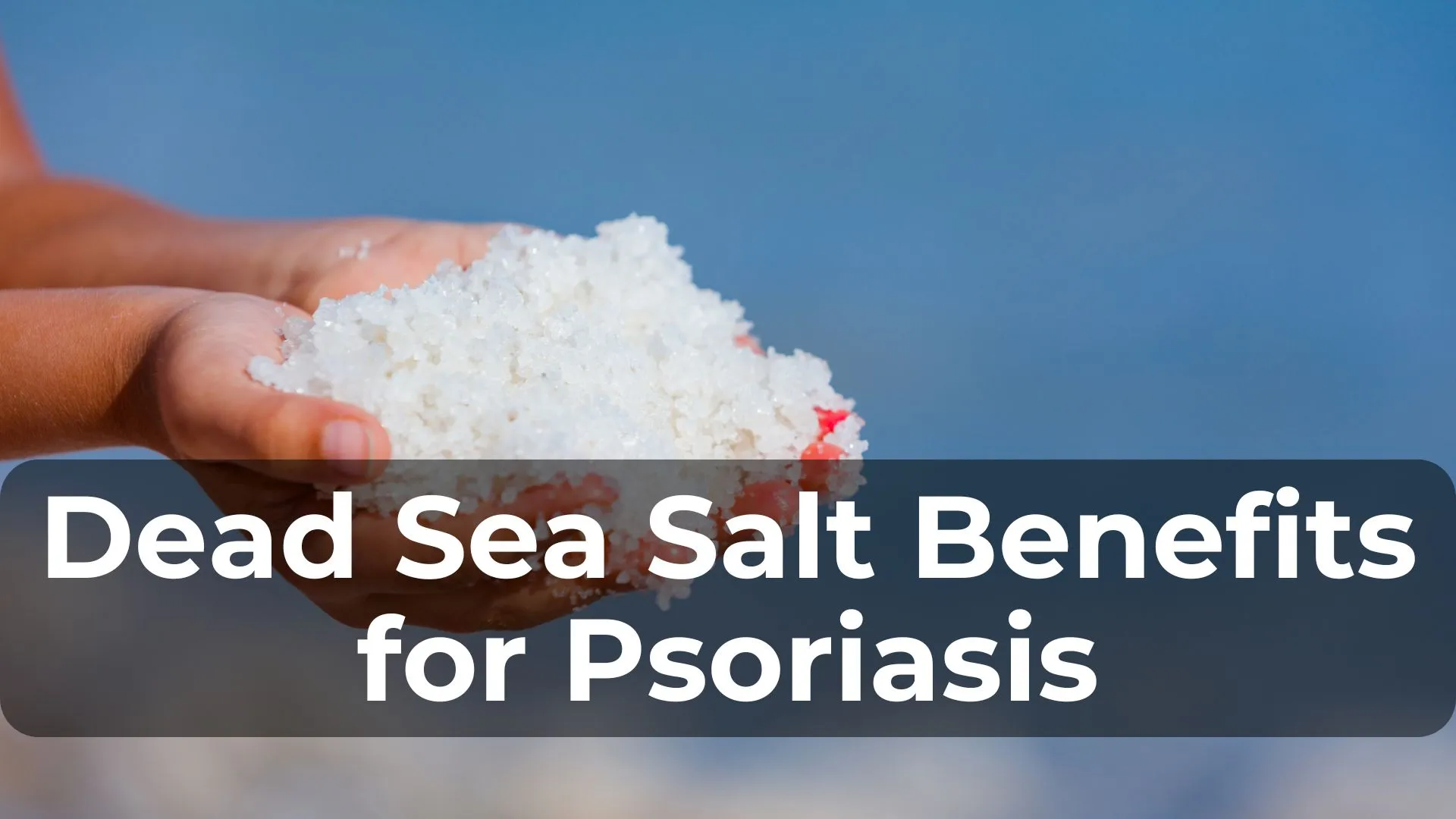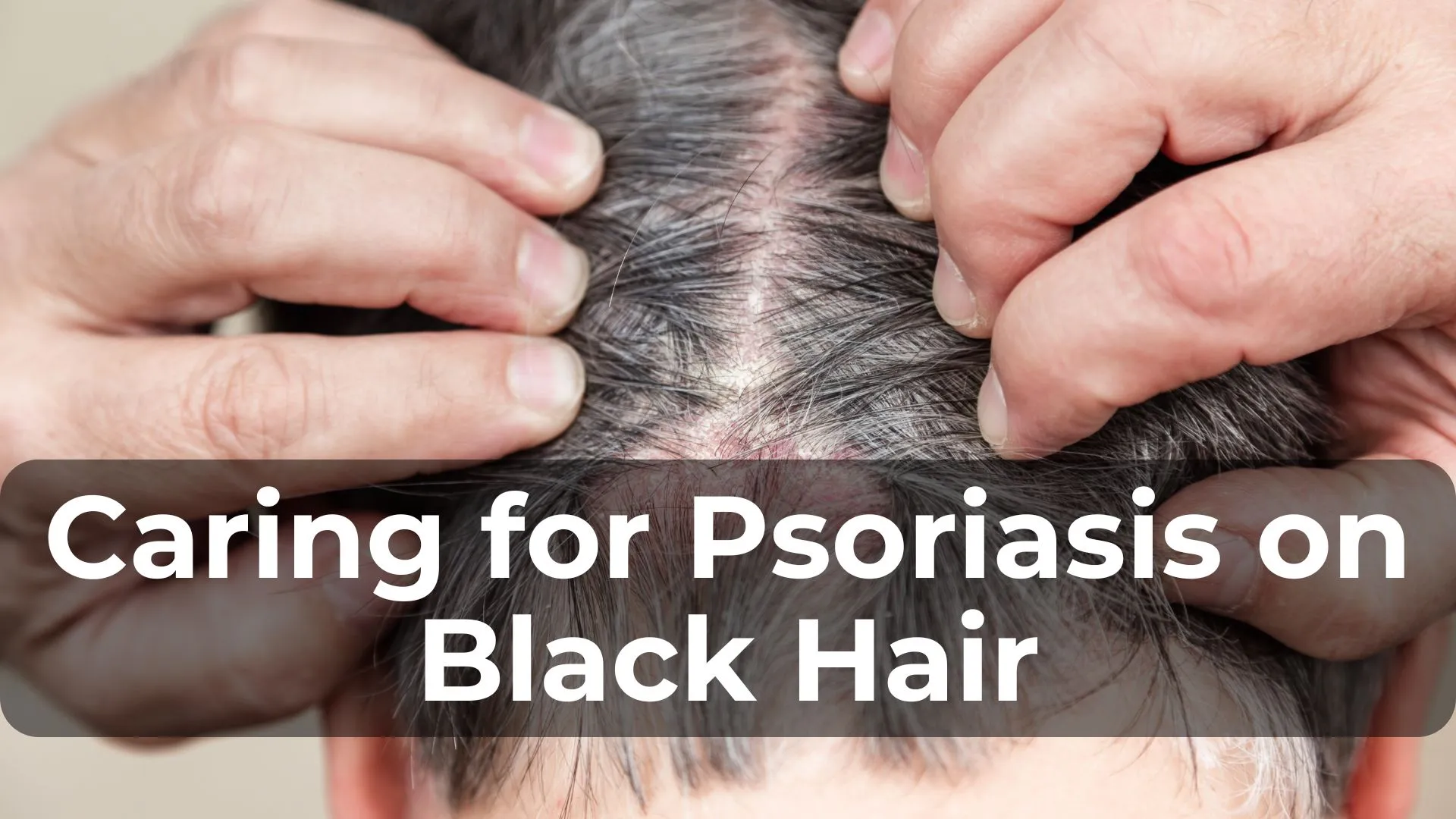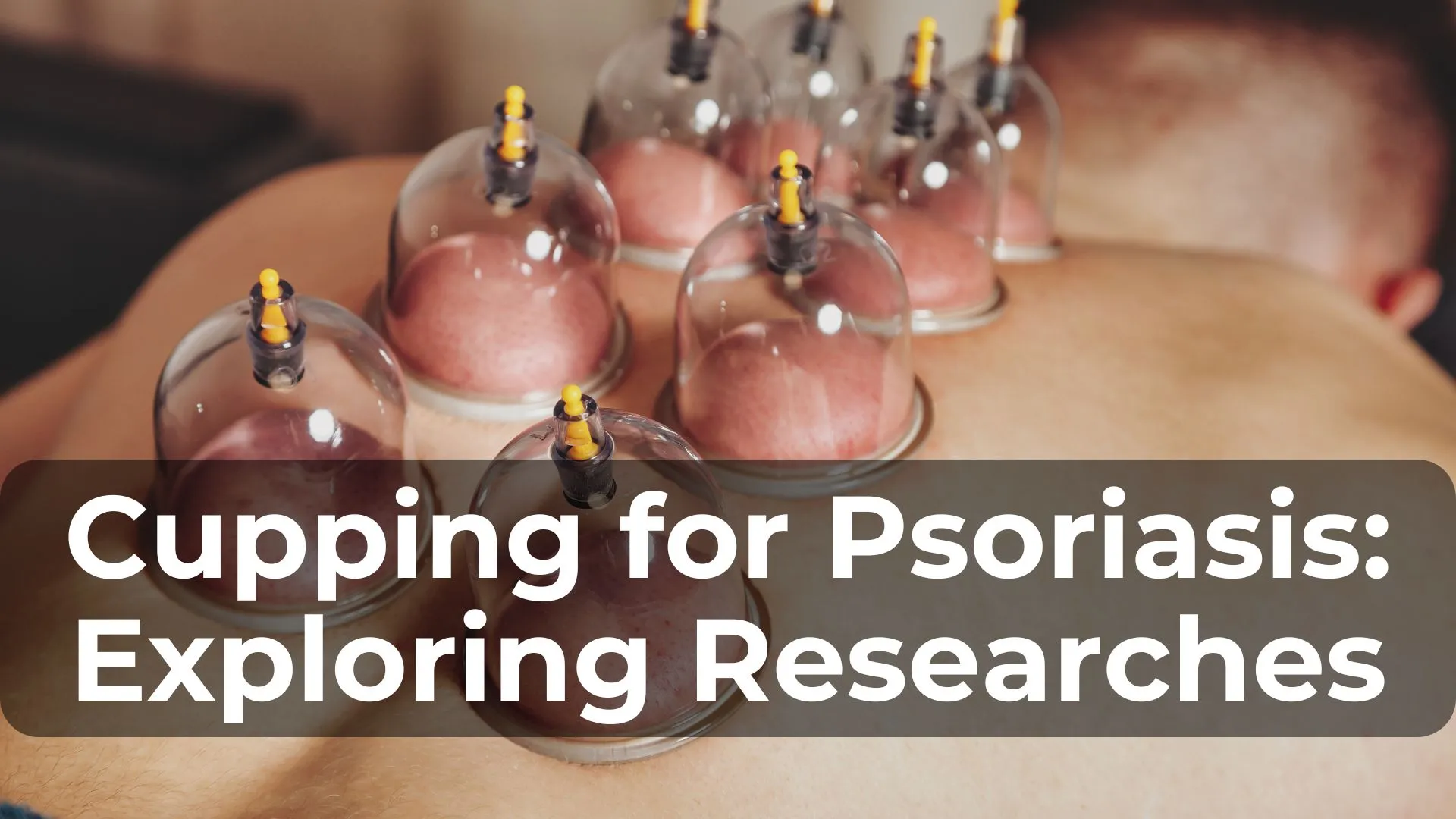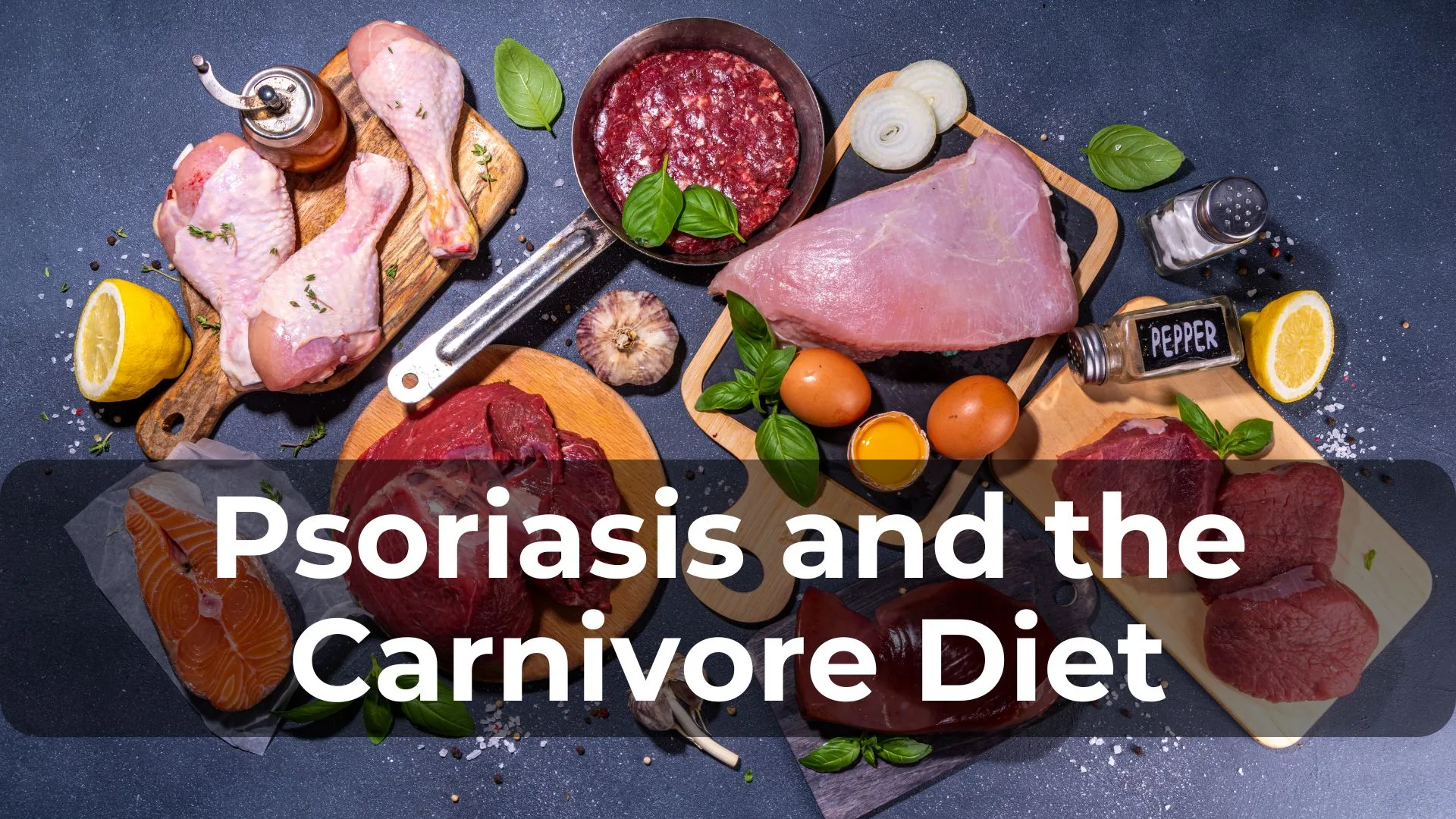
Hey there, fellow skin warriors! Today, we’re diving into a topic that’s been causing quite a buzz in the psoriasis community – the carnivore diet. You’ve probably heard whispers about this meat-centric eating plan, with some folks claiming it’s the holy grail for clear skin. But does it really live up to the hype? Let’s sink our teeth into this meaty subject and find out!
Table of Contents
ToggleWhat’s the Deal with the Carnivore Diet?
Before we jump in, let’s get one thing straight – what exactly is the carnivore diet? Well, it’s pretty much what it sounds like. Imagine your plate filled with nothing but animal products. We’re talking steak, chicken, fish, and eggs if you’re feeling adventurous. Vegetables? Fruits? Grains? Sorry’re not invited to this protein party.
The Carnivore Diet and Psoriasis: A Match Made in Heaven?
Now, you might be wondering, “What does eating like a T- have to do with my psoriasis?” Great question! The theory goes something like this:
- Many plant foods contain compounds that can be inflammatory for some people.
- Inflammation is a key player in psoriasis flare-ups.
- By eliminating these potentially inflammatory foods, you might reduce overall inflammation in your body.
- Less inflammation could mean fewer psoriasis symptoms.
Sounds pretty logical, right? But as we all know, when it comes to psoriasis, things are rarely that simple.
The Good, The Bad, and The Beefy
Let’s break down some of the potential pros and cons of going full carnivore when you’re dealing with psoriasis.
The Good
- Elimination of Potential Triggers: By cutting out everything except meat, you’re automatically eliminating a whole host of potential food triggers. It’s like hitting the reset button on your diet.
- Nutrient Density: Animal products are packed with nutrients that are for skin health, like zinc and vitamin A. It’s like giving your body a high-powered multivitamin, but in steak form.
- Simplicity: Let’s face it, meal planning becomes a whole lot easier when your options are limited to the meat aisle. No more agonizing over complicated ingredient lists!
The Bad
- Nutrient Deficiencies: While meat is nutrient-dense, it doesn’t contain everything your body needs. Cutting out fruits and veggies means you’re missing out on fiber, vitamin C, and a host of other beneficial plant compounds. It’s like trying to build a house with only hammers – you need other tools too!
- Digestive Issues: All that protein and fat with no fiber can be tough on your digestive system. Let’s just say things might not move as smoothly as they used to.
- Sustainability: Let’s be real – can you really see yourself never eating a piece of fruit or a vegetable again? For many people, this diet is tough to stick to long-term.
What Does the Science Say?
Now, I know what you’re thinking – “Cut the fluff, give me the facts!” Well, here’s the thing: there’s not a lot of scientific research specifically on the carnivore diet and psoriasis. of the evidence is anecdotal – means it’s based on personal experiences rather than controlled studies.
That being said, there is some research on related topics that might give us clues:
- Low-Carb Diets: Some studies have shown that low-carb diets can help reduce inflammation in the body. The carnivore diet is certainly low-carb!
- Autoimmune Protocol (AIP) Diet: This diet, which eliminates many of the same foods as the carnivore diet, has shown some promise in managing autoimmune conditions like psoriasis.
- Gut Health: There’s growing evidence that gut health plays a role in psoriasis. The carnivore diet can significantly change your gut microbiome, for better or worse.
Real Talk: Is the Carnivore Diet Right for You?
Here’s the million-dollar question – should you give the carnivore diet a shot? Well, as with most things in life, it’s not a simple yes or no answer. Here are some things to consider:
- Your Current Diet: If you’re eating a lot of processed foods and sugar, even a short stint on the carnivore diet could help you identify trigger foods when you reintroduce them.
- Your Overall Health: This diet is pretty extreme. If you have any other health conditions, especially related to your heart or kidneys, you should definitely talk to a doctor before trying it.
- Your Lifestyle: Can you realistically stick to eating only animal products? Think about social situations, travel, and your daily routine.
- Your Relationship with Food: Any restrictive diet can be triggering for people with a history of disordered eating. Be honest with yourself about whether this approach is healthy for you mentally as well as physically.
A Balanced Approach: The Middle Ground
Now, I know we’ve been talking a lot about this all-or-nothing carnivore approach. But what if I told you there might be a happy medium? Here’s a thought why not take the principles of the carnivore diet (eliminating potential triggers, focusing on nutrient-dense foods) and apply them in a more balanced way?
This could look like:
- Eating mostly animal products, but including some low-inflammatory plant foods like leafy greens and berries.
- Doing a short-term carnivore diet as an elimination diet, then slowly reintroducing foods to identify your personal triggers.
3.-quality, grass-fed meats and wild-caught fish, while still including a variety of vegetables in your diet.
The Bottom Line: Listen to Your Body
At the end of the day, psoriasis is a highly individual condition. What works for one person might not work for another. The carnivore diet could be a game-changer for some, while others might find it too restrictive or not helpful at all.
The key is to listen to your body. Pay attention to how different foods make you feel. Keep a food diary to track your symptoms. And most importantly, work with a healthcare professional who can guide you and monitor your health if you decide to try any significant dietary changes.
Your Psoriasis Journey: More Than Just Diet
While we’ve been focusing on diet here, it’s important to remember that managing psoriasis is about more than just what you eat. It’s a holistic journey that involves managing stress, getting enough sleep, exercising regularly, and taking care of your mental health too.
Think of your psoriasis management like a puzzle. Diet is just one piece – an important piece, for sure, but not the whole picture. You need all the pieces to come together to see the full, clear-skin image.
Wrapping It Up: Your Path to Clearer Skin
So, there you have it – the meaty truth about the carnivore diet and psoriasis. Whether you decide to give it a try or stick to a more traditional approach, remember that you’re in charge of your psoriasis journey.
Keep exploring, keep learning, and most importantly, keep believing in your body’s ability to heal. Who knows? Your perfect psoriasis-busting diet might be just around the corner. Until then, stay strong, stay positive, and keep fighting the good fight, warriors!




